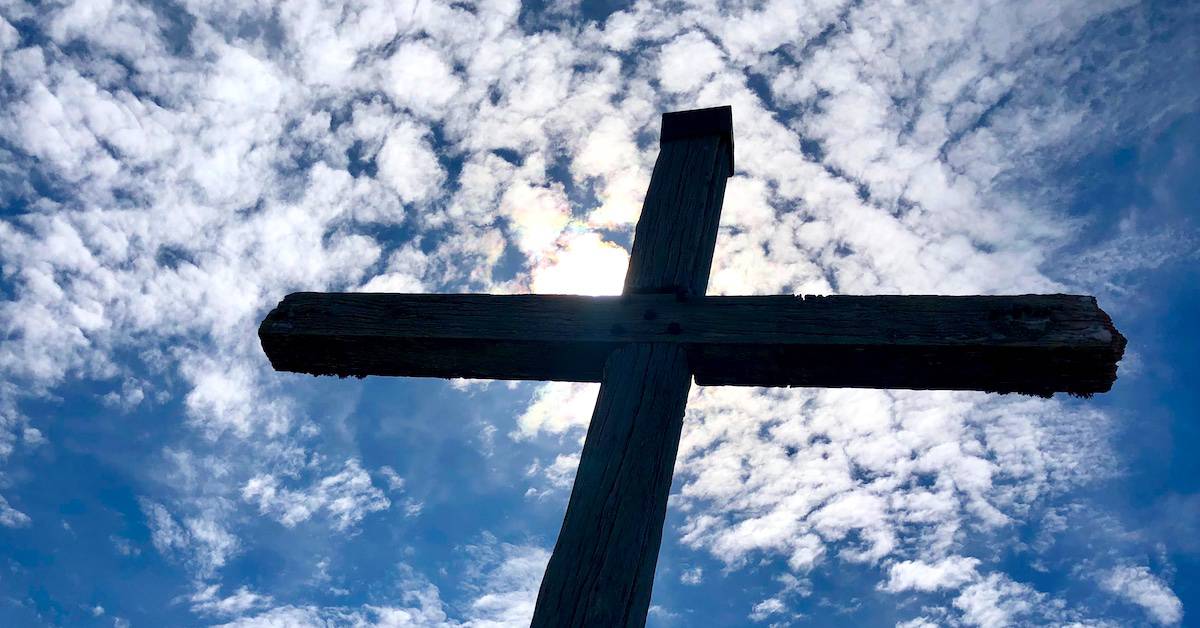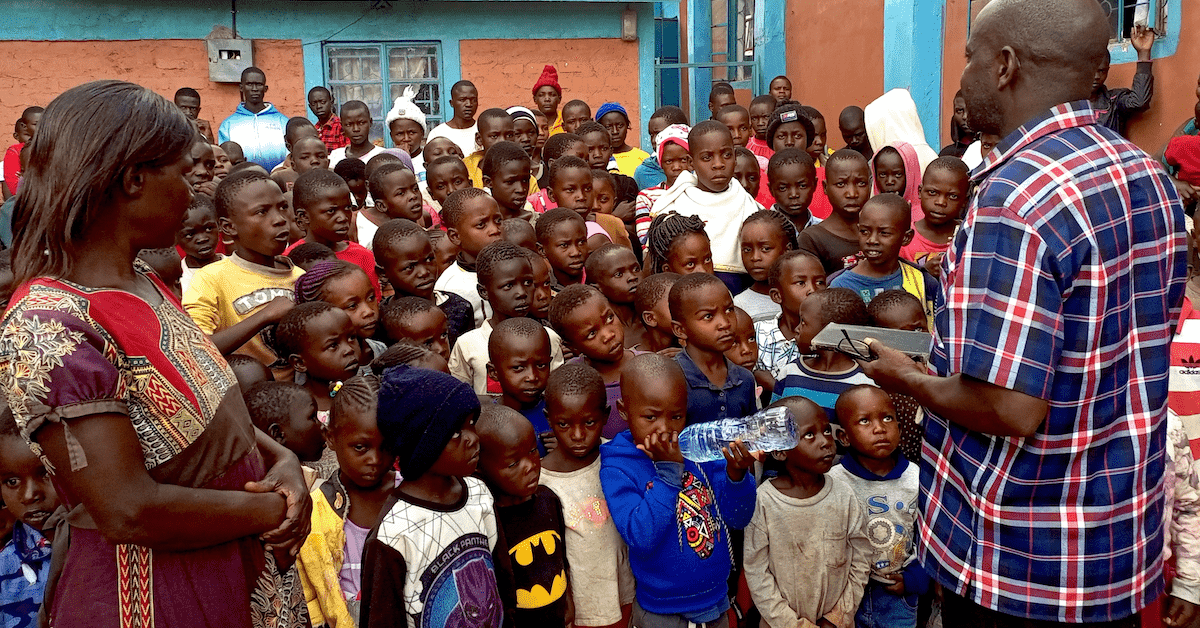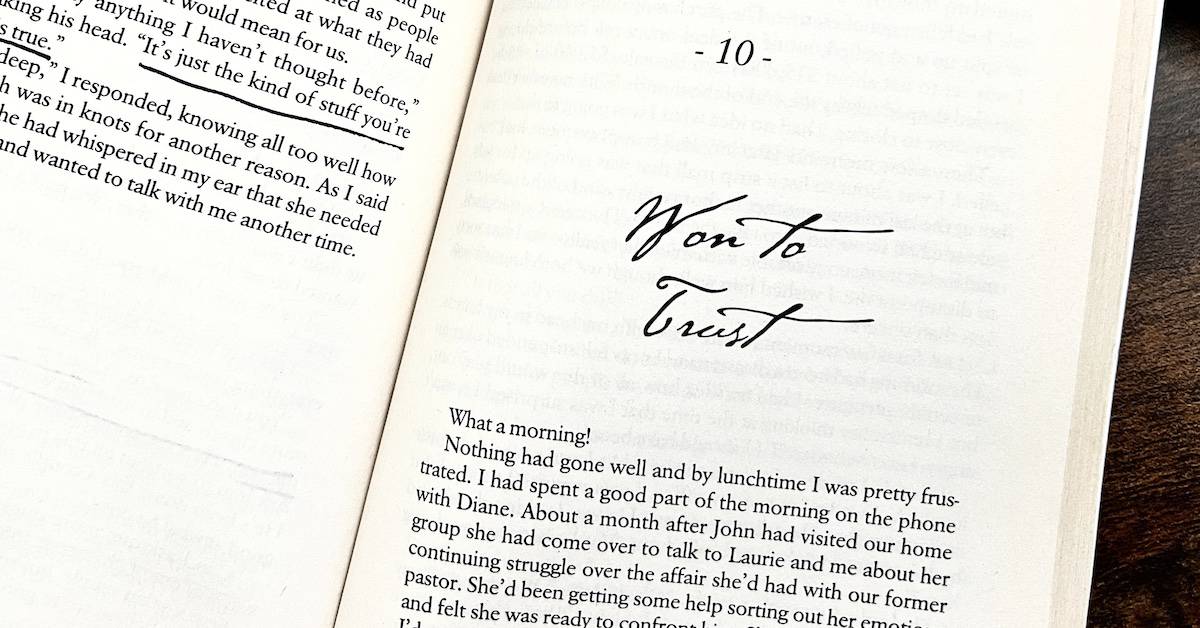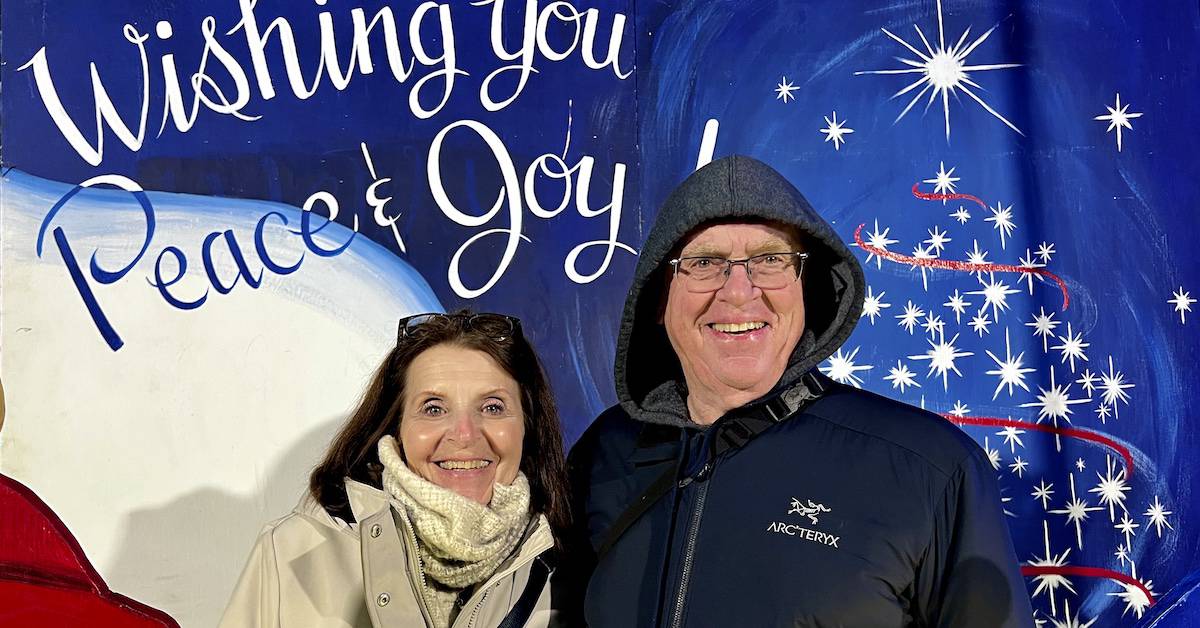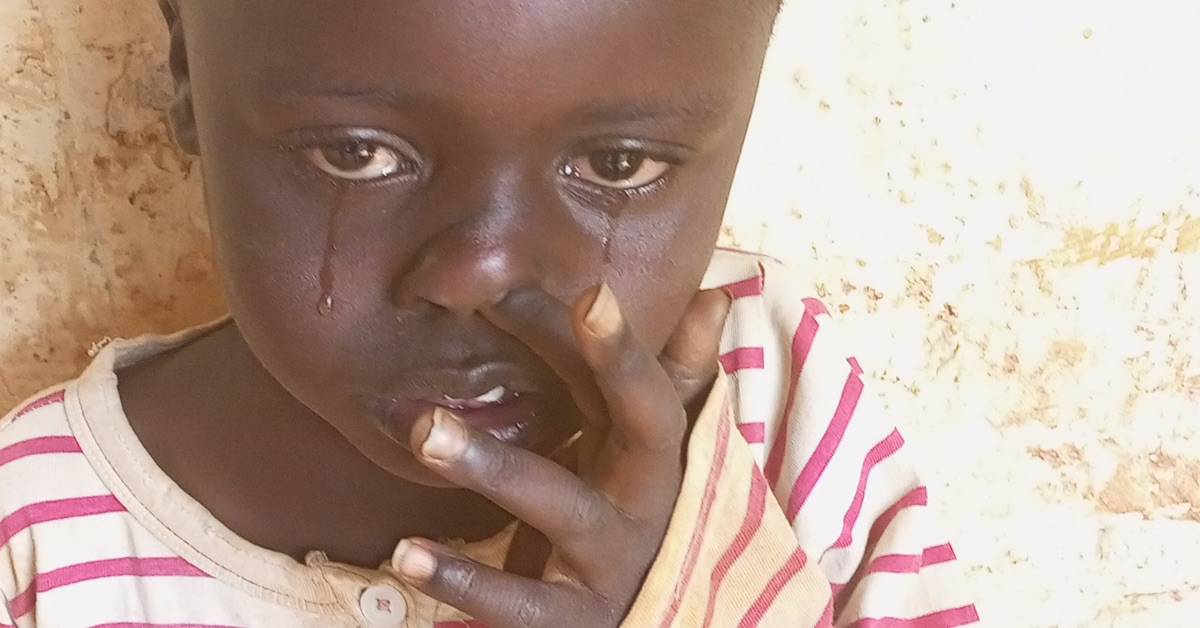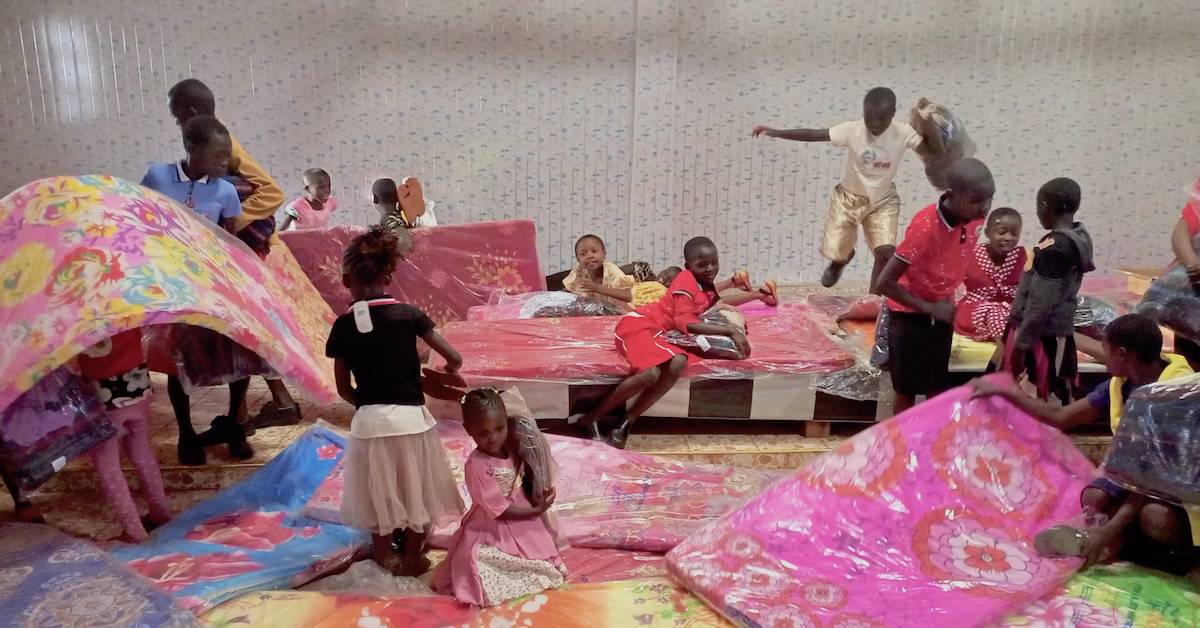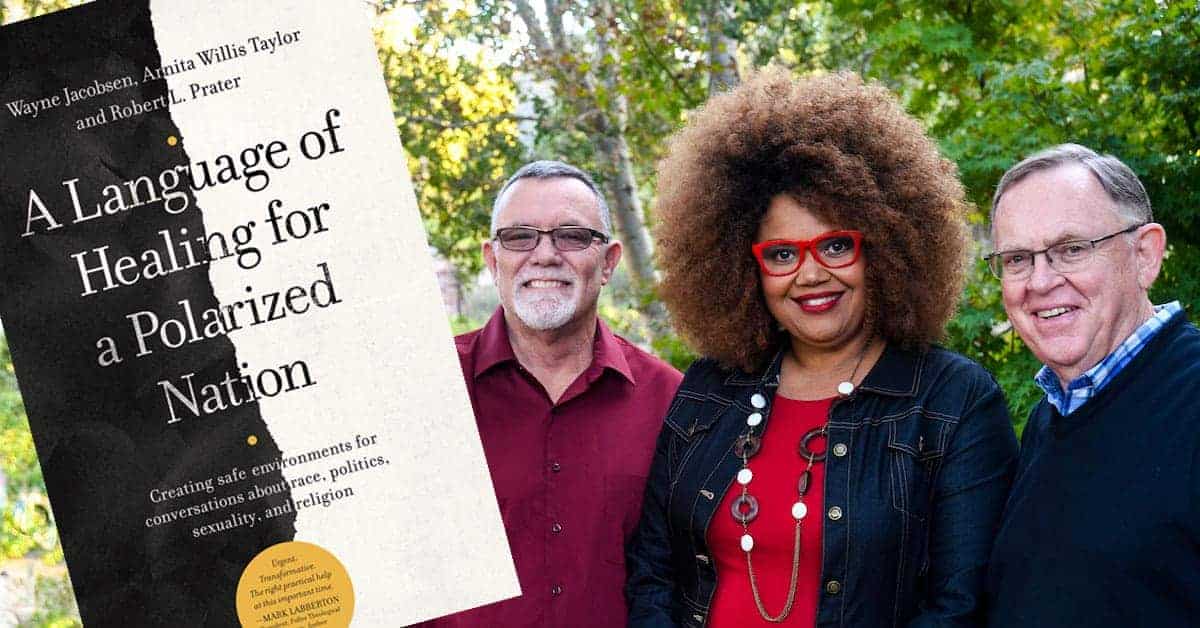One Year Ago Today
On April 11, one year ago, I spent most of the day flying home from a ten-day trip around the Carolinas, looking forward to being in Sara’s arms again. I hadn’t the foggiest notion that I was about to drive off a cliff at 180 miles per hour.
My first indication that all was not well was a cryptic text I received when I landed at LAX that Sara would be unable to pick me up. She had arranged for a driver to bring me home, something she had never done before. I tried to call or text to find out what was wrong and got no reply. That’s when the knot first formed in the pit of my stomach. After an hour’s ride home, I had concluded that she must have left me, but I had no idea why. Our marriage seemed to be going well as we approached our 47th wedding anniversary.
When I got home, she was gone, all her stuff was gone, and I was left with the most painful of all letters telling me she was divorcing me. The next three weeks were filled with heart-wrenching pain, not only for my loss but also for whatever Sara was going through. I re-examined everything I thought I knew about myself and our relationship. If Sara’s letter had been true, our 46 years together would have been a lie. I know I haven’t been a perfect human or husband, so there’s always stuff to probe inside.
Slowly, however, we began to find our way back to each other, and the truth unfolded. Sara had been experiencing PTSD, and a therapist she saw assumed I was the cause without ever consulting with me and even though Sara’s symptoms were present in her childhood. She coached Sara into moving out when I was completely unaware of her plans, as one does to escape an abusive husband. My wife was in trouble, but it wasn’t from me. I knew there was something darker in her life and prayed earnestly for her during the days of our separation. As much as I hated the pain of those days, I love what Father did in my heart through them. Unmerited rejection by someone you love is fertile ground for his Spirit to rearrange things in your own heart if you let him. He prepared me to be an active part of the healing Jesus wanted to bring to her as he brought her back.
Sara began to question and regret her decision since I was not acting the way her therapist said I would. That proved pivotal. After all she had done to leave me, she was willing to look back and consider that she might have gotten bad counsel. I’ll forever be grateful that she was willing to open her heart again to me and let me inside her struggle. We began to spend some time together and began processing the PTSD she had been hiding from me. Finding a new, wiser therapist, Sara began to discover that she had been assaulted by her grandfather from the ages of 4-9. She had complete amnesia about it until those memories started to surface. It explained so much about things my wife has struggled with for decades.
For the past year, we have shared a healing journey into the dark recesses of Sara’s past with an exceptional amount of grace that has drawn us closer together than ever as it has renewed her heart and healed her mind. I have been with her in every recovered memory, and each one expands so much insight into Sara and helps her find freedom for how this trauma affected her for so many years though she never knew the cause. She lives with more joy now than she ever has. The Body Keeps the Score by Bessel van der Kolk, M.D could be a history of her journey. One in three women in her generation was sexually assaulted by age 18. Sara never thought she was one until it all bubbled to the surface like a volcano in the last few years. She kept it hidden from me because it made no sense why she felt so horrible about herself. Now she has discovered that she was not a horrible person but that someone had done something horrible to her.
She knows the truth and has processed it into her story. I have not shared much about this on my blog here though Sara and I have on my podcast at The God Journey. We still meet friends who have no idea what our journey has looked like over the last year. If you haven’t heard Sara and I tell this story as it unfolded, you can listen to these podcasts:
07/08/2022 – Redeeming Love: Unforeseen Circumstances (#854)07/22/2022 – Redeeming Love: Horse Whisperer (#856)07/15/2022 – Redeeming Love: What Sara Faced (#855)07/29/2022 – Redeeming Love: Finding Our Way Back (#857)08/05/2022 – Redeeming Love: The Trauma Appears (#858)
08/12/2022 – Redeeming Love: Relational Repair (#859)
08/19/2022 – Redeeming Love: The Journey Continues (#860)08/26/2022 – Redeeming Love: The Aftermath (#861)10/21/2022 – Wayne’s Happiest Day Ever! (#869)
02/17/2023 – A Safe Place for Broken Hearts (#882)04/07/2023 – Redeeming Love: Good Riddance (#888)
This past weekend we were able to celebrate not only the Resurrection of Jesus but also our resurrected life together. As Sara continues to understand her past better, she’s becoming increasingly free to live in the present with a lighter heart and a clearer eye. Our mourning has definitely turned into laughter, and joy now earmarks our life together. What have we learned from this past year?
- You can never truly know what’s just around the corner.
- Without Jesus to guide us through this shocking time, we would not be together today.
- Tenderness and honesty mark the trailhead where healing happens. Being willing to admit our failures and doubts while affirming our love helped us recapture our relationship and move it forward into a more glorious space.
- Admitting when you’re wrong and expressing your sorrow about it repairs damaged relationships.
- Being willing to stop and shift everything, and I mean everything, allowed us to find new pathways together that we treasure today.
- Having people honestly and caringly speak into your heart is invaluable. We were blessed to have many people hold our hearts during this season, and we are grateful to each of them.
- Holding someone while they heal from trauma is one of the most amazing things any human can do.
Given that last one, our hearts ache for those of you who have been impacted by trauma in your own life, whether it be something you suffered at the hands of someone else or you’ve been affected by the traumatic struggle of someone you love deeply, perhaps even your spouse. That’s why Sara has wanted to share this story so publicly, not to seek sympathy for our pain but to offer hope and help to those wrestling with similar darkness in their own journey. We know how alone you can feel and how hopeless the future might look. But God is a healer. He came to bind up the brokenhearted and set the oppressed free. We pray that you will let him draw you into your own healing as we look for ways to encourage and help those impacted by trauma.
So, this anniversary today is not a painful day! It’s a joy-filled one. We remember well the feelings of a year ago, but now they are markers for a turn in the road that drew us into more freedom than we knew we needed.
_________________
One more note: Yesterday, a podcast dropped that I taped a couple of weeks ago. I was with Daron Maughon on his MiDentity Podcast if you want to give it a listen.





